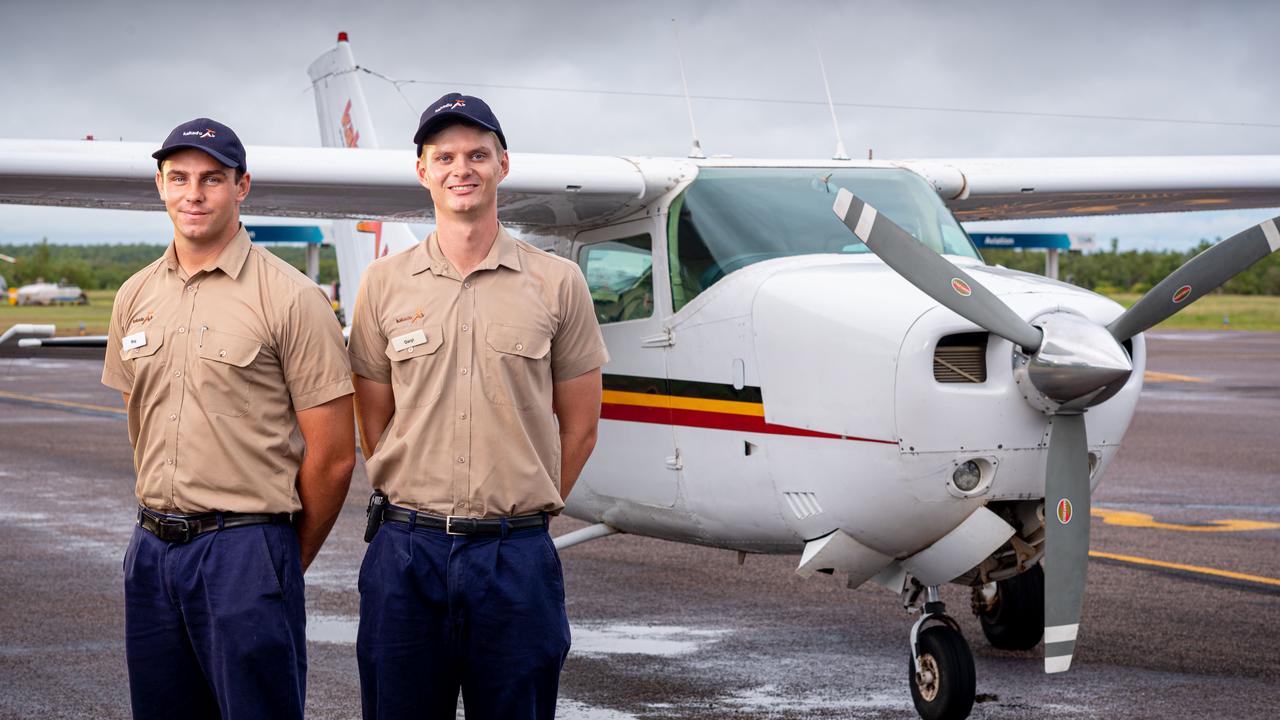Sky High Dreams: Top 5 Degrees for Aspiring Pilots

If you’ve always dreamt of becoming a pilot, you may be wondering what educational path to take to make that dream a reality. While obtaining a pilot’s license and undergoing flight training are crucial steps, having a relevant degree can provide you with a solid foundation and increase your chances of success in this competitive field. Here are the top 5 degrees to consider if you want to pursue a career as a pilot.

1. Aviation Management Degree
An aviation or aerospace science degree is an obvious choice for aspiring pilots. These programs provide comprehensive education on the principles of flight, aircraft systems, aviation safety, air traffic control, and aviation management. Some programs also offer specialized courses in areas such as aircraft maintenance, aviation weather, and aviation law. An aviation or aerospace science degree can provide you with a strong understanding of the aviation industry, help you gain valuable technical skills, and prepare you for the Federal Aviation Administration (FAA) exams required for obtaining a pilot’s license.
2. Aeronautical/Aerospace Engineering
A degree in aeronautical or aerospace engineering can be an excellent choice for those who want to delve into the technical aspects of aviation. These programs focus on designing, developing, and testing aircraft and spacecraft. You’ll learn about aerodynamics, propulsion systems, materials science, and avionics, among other topics. A degree in aeronautical or aerospace engineering can provide you with a solid foundation in engineering principles and prepare you for advanced roles in the aviation industry, such as aircraft design, research and development, and aviation consulting.

3. Air Traffic Management
Air traffic management is a critical aspect of aviation that involves coordinating and controlling aircraft movements on the ground and in the air. A degree in air traffic management can equip you with the knowledge and skills to work in air traffic control towers, area control centers, or other facilities. You’ll learn about airspace management, air traffic flow management, communication and navigation systems, and aviation regulations. A degree in air traffic management can provide you with a unique perspective on aviation operations and help you understand the complex interactions between pilots, air traffic controllers, and other stakeholders in the aviation industry.
4. Bachelor in Business/Management with Aviation Studies
If you’re interested in the business side of aviation, a degree in business or management with an aviation focus could be a great fit. These programs combine business and management principles with aviation-specific coursework, such as aviation economics, airline operations, aviation marketing, and airport management. A degree in business or management with an aviation focus can prepare you for aviation management, aviation finance, airline operations, and airport administration roles. It can also give you the skills to start your own aviation-related business.
5. Degree in Meteorology
Weather plays a crucial role in aviation, and pilots need to have a solid understanding of meteorology to navigate through different weather conditions safely. A degree in meteorology can provide you with the knowledge and skills needed to interpret weather patterns, understand atmospheric processes, and forecast weather conditions. This can be especially useful if you’re interested in becoming a commercial pilot, as airlines often require pilots to have a solid understanding of meteorology to ensure safe and efficient flight operations.

CONCLUSION
In conclusion, while obtaining a specific degree is not always a requirement to become a pilot, a relevant degree can provide you with a strong foundation and increase your knowledge and skills in aviation. Consider pursuing a degree in aviation/aerospace science, aeronautical/aerospace engineering, air traffic management, business/management with an aviation focus, or meteorology, depending on your interests and career goals. Each of these degrees can open up various opportunities in the aviation industry and help you achieve your dream of becoming a pilot.
Discover more from Aviation for Aviators
Subscribe to get the latest posts to your email.


 English
English 

